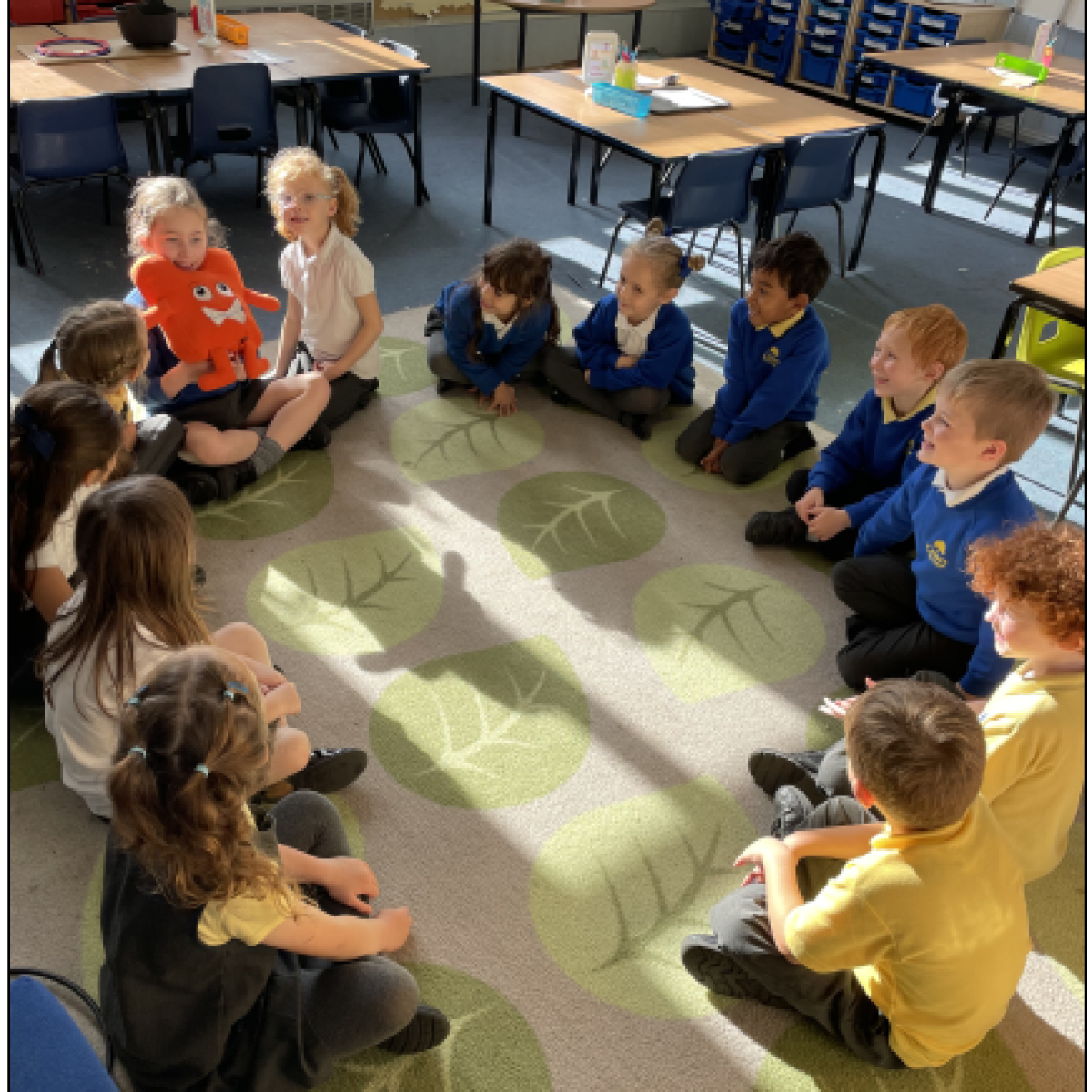In line with National Curriculum expectations throughout each year group, we use the Jigsaw PSHE/Health and Well-being scheme of work and this is accessible for all pupils.
Each year the pupils cover six topics which is progressive throughout their time at Cedars Primary and Nursery.
Term 1: Being Me in My World
Term 2: Celebrating Difference (including anti-bullying)
Term 3: Dreams and Goals
Term 4: Healthy Me
Term 5: Relationships
Term 6: Changing Me (RSHE unit)

In Relationships Education our main focus is ‘on teaching the fundamental building blocks and characteristics of positive relationships, with reference to friendships, family relationships and relationships with other children and with adults.’
We work hard to ensure that children are taught the importance of equality and respect and that all teaching is sensitive and age appropriate. At the appropriate time we teach children about LGBT issues (e.g. different types of families) not as stand-alone lessons but being fully integrated into their programmes of study.
In Health Education children are given the information they need to make good decisions about their own health and wellbeing, to recognise issues in themselves and others and to seek support as early as possible when issues arise.
We teach the characteristics of good physical health and mental wellbeing. We realise that ‘mental wellbeing is a normal part of daily life, in the same way as physical health’.
We acknowledge that Sex Education is not compulsory in primary schools. However, we do have in place ‘a sex education programme that is tailored to the age and the physical and emotional maturity of the children we teach’. Parents have the right to request that their child be withdrawn from sex education beyond the national curriculum for science.
We ensure that when a child is withdrawn then alternative teaching arrangements will be made for them. We carry out the main sex education teaching in our Personal, Social and Health Education (PSHE) curriculum – Changing Me Units of work. We also teach some sex education through other subject areas (for example Science and Physical Education), where we feel that they contribute significantly to a child’s knowledge and understanding of his or her own body, and how it is changing and developing.
We annually consult with parent/carers the content of the Relationships and Sex Education their child will be learning and welcome feedback.